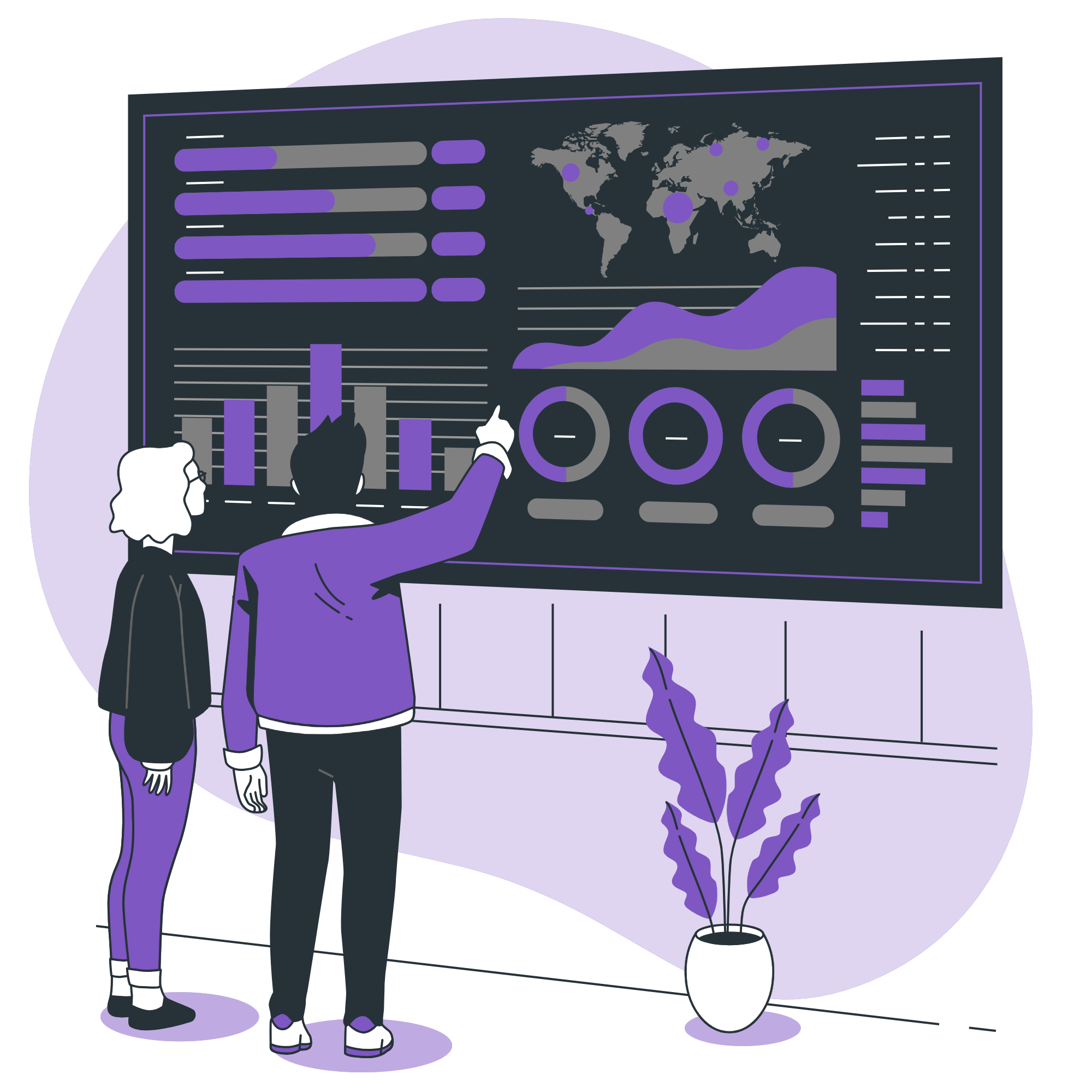OpenAI has announced that anyone can now use ChatGPT instantly without signing up, which aligns with their mission to make AI tools widely accessible. This update allows users to explore the benefits of AI, catering to over 100 million users across 185 countries without the barrier of account creation. While users can still opt to create an account for added benefits such as saving chat history and accessing additional features, this move aims to make AI more approachable for those curious about its capabilities.
In the rapidly evolving landscape of artificial intelligence (AI), OpenAI has once again made headlines by democratizing access to its flagship conversational AI, ChatGPT, to everyone—account or no account. This bold move not only underscores the organization’s commitment to making AI technology more accessible but also raises intriguing questions about the future of AI and its integration into our daily lives.
Unveiling the Universal Access
Historically, engaging with advanced AI platforms like ChatGPT required users to create an account, a process that, while straightforward, presented a barrier to casual explorers and those concerned about privacy. OpenAI’s recent decision to remove this requirement effectively opens the floodgates, allowing anyone with internet access to interact with ChatGPT. This change is expected to significantly boost the AI’s user base, extending its reach to a more diverse audience.
A Different Experience for Anonymous Users
However, OpenAI has clarified that the experience for users without accounts will differ from that of registered users. This differentiation is likely a strategic decision to balance server loads and manage the quality of service. For anonymous users, limitations may include restrictions on the number of prompts they can input within a specific timeframe, access to fewer features, or the inability to save past interactions for future reference. Despite these limitations, the core ChatGPT experience remains intact—engaging in conversational exchanges, asking questions, and receiving detailed responses.
Implications for the Future of AI
This move by OpenAI has profound implications for the future of AI. Firstly, it represents a significant step towards democratizing AI technology, making it more accessible to a global audience. This aligns with the broader vision within the AI community of creating technologies that empower people and enhance their lives, regardless of their technical background or resources.
Secondly, by opening ChatGPT to non-registered users, OpenAI is likely to gather a wealth of diverse inputs. This influx of varied prompts from a broader user base can help fine-tune ChatGPT’s responses, making it more versatile and capable of understanding a wider range of queries. It’s a move that improves the model’s performance and inclusivity, ensuring it better represents the global population it serves.
Challenges and Considerations
However, this expansion does not come without challenges. One of the primary concerns is how to effectively manage and moderate the content generated by a significantly larger user base. OpenAI must deploy sophisticated content moderation strategies to ensure the platform remains a safe and positive space for all users. Additionally, there are concerns about the potential strain on OpenAI’s servers, which could impact all users’ service quality.
Moreover, this shift raises questions about the future role of AI in society. As AI becomes more integrated into our daily lives, privacy, data security, and ethical use issues become increasingly paramount. OpenAI’s decision to allow anonymous access to ChatGPT partly addresses these concerns by offering a way for users to interact with AI without sharing personal information. However, it also underscores the need for ongoing dialogue and policy development around the ethical use of AI technologies.
Conclusion
OpenAI’s decision to make ChatGPT accessible to everyone is a landmark moment in the history of artificial intelligence. It embodies the spirit of openness and inclusivity that many believe should be at the heart of AI development. By removing access barriers, OpenAI is expanding its user base and fostering a more diverse and inclusive environment for AI interaction.
As we look to the future, it’s clear that initiatives like this will play a crucial role in shaping our relationship with AI. They not only provide a glimpse into the potential of AI to serve as a universal tool for information and interaction but also highlight the importance of approaching AI development with a focus on accessibility, ethics, and the public good. As the AI landscape continues to evolve, it will be fascinating to see how OpenAI and other leaders in the field navigate these challenges, pushing the boundaries of what’s possible while ensuring that the benefits of AI are accessible to all.

